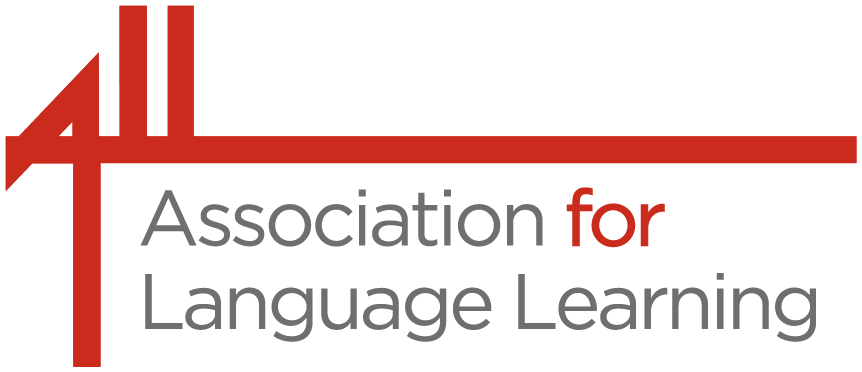Becoming a Language Teacher
ALL is a keen supporter of trainees and ECT teachers of Languages, as well as recruitment and retention with respect to languages teachers.
2025-2026: The current situation of languages teacher
The most popular languages in schools are French, Spanish and German. According to Language Trends 2025 French is most offered language at Key Stage 3, while Spanish retains more pupils at the age 14 and age 16 transition points for GCSE and A Level.
In England languages are part of the National Curriculum from Key Stage 2 (age 7 -11) and throughout Key Stage 3 (11-14). Languages are optional for GCSE but many schools choose to have students take a language until the age of 16 (GCSE) to support the Ebacc measures
There are also increasingly opportunities in some areas to teach other languages, as part of the mainstream curriculum, or as enrichment classes - Arabic, Bengali, Italian, Mandarin, Polish, Portuguese, Russian and Urdu are just a few.
The Labour Government that came into power in July 2024 is conducting a curriculum review which will run until autumn 2025. The Interim report published in March 2025 highlights the fact that the Ebacc measures have helped retaining students to choose a language at GCSE. The interim report calls for a review of the volume, breadth and diversity of the curriculum offer as well as the impact of accountability measures on young people’s choices and outcomes (p42). The CAR report may make it clearer to see how teacher supply may be affected in the future.
Currently, Languages teachers are in demand and are benefiting from bursaries (£26,000). Additionally for French, German and Spanish, applicants can apply for scholarships (£28,000). More details here for funding.
Link to the British Council Scholarship programme here
Subject Knowledge Enhancement courses are offered to support subject knowledge and currently funded by the Department for Education.
2026-2027
The gov.uk site ‘Get into Teaching’ is an ideal place to start to find out about how to become a teacher, with the option of receiving information sent to your email, and getting free one-to-one support.
You can apply for teacher training online by setting up an account from the gov.uk site here.
You can usually start applying for teacher training in October, the year before your course starts. It is important to apply early in order to allow time for completion of a Subject Enhancement Course (SKE) if necessary in readiness to start the course, the deadline for completion is between June for International applicants, and August for UK applicants.
The site gives all the information needed about finding a course, as well as checking if you can get funding, what qualifications you need and whether you need a visa if you’re from outside the UK and Ireland.
International applicants:
Sponsorships for a Student Visa is offered by providers, check your eligibility here
Following completion of the training course, there is the possibility of moving to other types of visa, depending on your situation.
The Early Career Teacher (ECT) induction programme post-completion of a Qualified Teacher Status (QTS) programme last two years. This is completed on the job as you get your first teaching job.
Check different eligibility for a graduate visa for ECTs here. Cost for Graduate Visa here
Please note the graduate visa is not a route towards settlement in the UK.
How can ALL support me as a trainee teacher?
Visit this page: My Story for positive stories from language teachers and learners about the importance of the language teacher’s role.
To find out about how ALL can give invaluable support at a reduced rate to trainee teachers: Click here
Look for the pdf ‘Shortcut: ALL as you do your training '
Visit ECT years to find out about how ALL can continue this support at a reduced rate for the first 2 years of qualified teaching.
